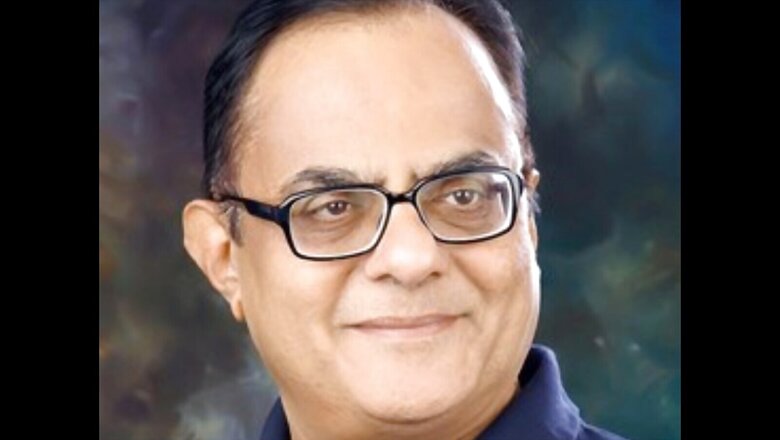
views
In his vast scientific career spanning nearly five decades, Professor Ajay Kumar Sood has been known to never make compromises on what has been his biggest driving force – his keen passion for active research in physical sciences.
From getting selected twice for the Bhabha Atomic Research Centre’s (BARC) training programme as a young MSc Physics student in Panjab University, Chandigarh in 1972, to becoming a distinguished Professor in the prestigious Indian Institute of Science (IISc), Bangalore, Sood has dedicated his entire life to research on hard and soft condensed matter physics, writing several highly cited papers in reputed journals, and gaining seven patents alongside.
He joined IISc, Bangalore in 1988 when Professor CNR Rao, a noted authority in the field of Chemistry was the director, soon after completing his Post-Doctorate under Spanish physicist Manuel Cardona at Germany’s Max-Planck-Institut für Festkörperforschung (Max Planck Institute for Solid State Research).
On Wednesday, Sood was appointed as Principal Scientific Advisor to Prime Minister. In his new role, he will now be responsible for providing advice to PM Narendra Modi and his cabinet on all matters related to science, technology and innovation, and their applications in the economic and social sectors.
“Science, technology and innovation are the key pillars on which a society is built, and these are the forces that make a country strong, and India must strive to be nothing but the best in all three,” said Sood while talking exclusively to News18 post the announcement.
There is a need to ensure that young scientists feel energised, and optimistic about their future, and motivate them to be the best, not the second-best
“The PSA role is very critical, because this office has to provide that necessary direction, and list out priorities, and our strengths. When the country gives you a privilege to do that, I can only hope, that we succeed.”
Sood takes over from Professor K VijayRaghavan, whose tenure ended on April 2 after a year-long extension. The two scientists have also worked together, as Sood has been a member of the six-member Prime Minister’s Science Technology and Innovation Advisory Council (PM- STIC) for last four years. The council is chaired by the PSA.
Priorities and Goals
As Sood gears up to assume charge on Monday, he has his work cut out already. The PM’s Advisory Council has laid out nine missions for science and technology (S&T) development in the country, including Natural Language Translation, Quantum Frontier, Artificial Intelligence, National Biodiversity, Electric Vehicles, Bioscience for Human Health, Waster to Wealth, Deep Ocean Exploration and AGNIi.
“Out of the nine, four, including Deep Ocean mission, National Language Translation mission, AI mission, and Quantum Frontier mission are already up and running,” he said. “Now, the first priority is to get the other five off the ground. One thing is clear, that we need to break any silos, and work in close coordination with all ministries and departments.”
He also has his eyes set on the future challenges, especially with India bracing for a fresh surge of Covid-19. “The last two years have showed the utilitarian value of science. India could rise up to the challenge because of the consistent S&T push all these years. The task now is to keep pace with new challenges, and not drop the guard,” said Sood, who is also a fellow of The Royal Society, along with Indian National Science Academy (INSA), and Indian Academy of Sciences (IASc).
Terming the rise of start-up culture as a ‘positive signal’ for young scientists and researchers across the country, he said the PSA office will work to strengthen the same. “There is a need to ensure that young scientists feel energised, and optimistic about their future, and motivate them to be the best, not the second-best,” he added.
As he gears up for the new role in the national capital, Sood is also quick to add that he is determined not to lose sight of the fact that fundamental science will remain as important as technology or translational science.
“We cannot keep pace with progress in quantum technologies, and communications, or any other cutting-edge technology without fundamental science which others have not discovered, and it must go hand-in-hand,” he said.
Ardent Researcher & Hard Taskmaster
Fellow scientists remember Professor Sood as a hard taskmaster, who believes in scrutinising everything to its last detail, minces no words and often is the one person on a committee/board to ask the toughest questions.
Professor Arun Grover, former Vice-Chancellor of Panjab University (PU), Chandigarh, who studied Physics with Sood in PU in the late 1960s, recalled how he was very clear from the beginning that he wanted to study condense matter physics. “His passion for active research was also the reason why he turned down several administrative positions in the past,” he said.
He also reminisced the early days in Jalandhar where Sood used to cycle several kilometres every day to attend college, before they both moved to pursue higher education in Chandigarh.
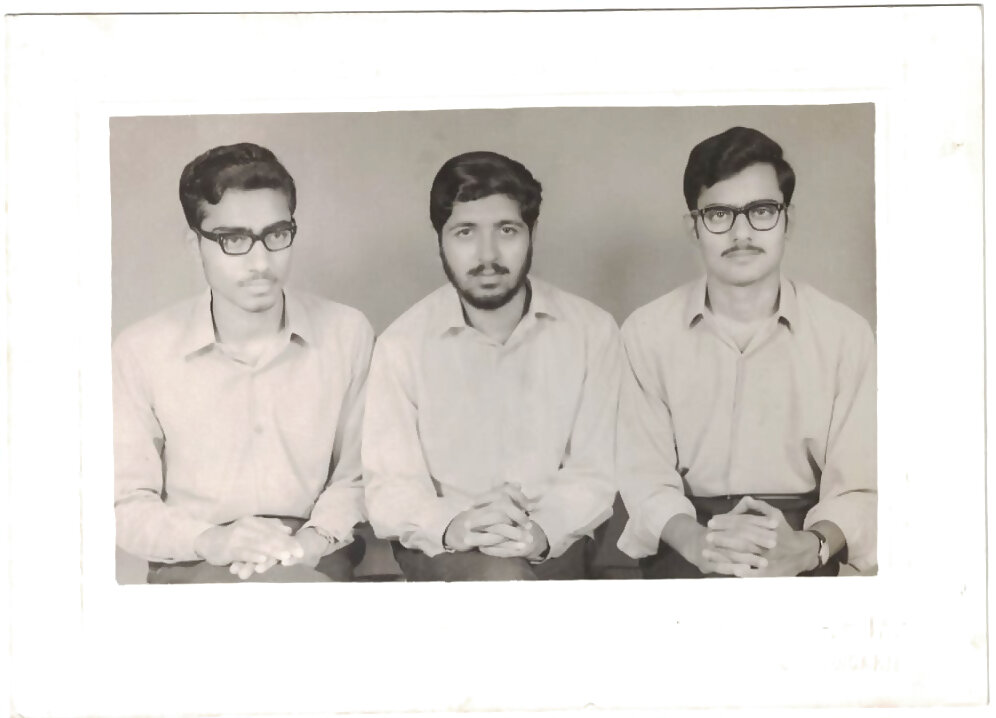
In 1972, out of the 24 students selected nationally through BARC’s exam, PU had as many as five students from the same department in the list, and he was one of them.
After completing his BSc and MSc Physics in Panjab University (PU) in 1972, Sood went on to work as a young scientific officer building lasers at the Indira Gandhi Centre for Atomic Research in Kalpakkam in the early 1970s, when the place barely had anything, other than a big hall for engineers. He spent the first few days visiting stores for screw-drivers and soldering iron, stuff that any experimentalist would need to begin work.
While working in Kalpakkam, he completed his PhD in Physics from IISc Bangalore, an institution he later joined as an Associate Professor in 1988 and remained associated with it for next three decades. He is also honorary professor at Jawaharlal Nehru Centre for Advanced Scientific Research (JNCASR), Bangalore. In 2013, the government honoured him with Padma Shri.
Read all the Latest News India and Breaking News here
















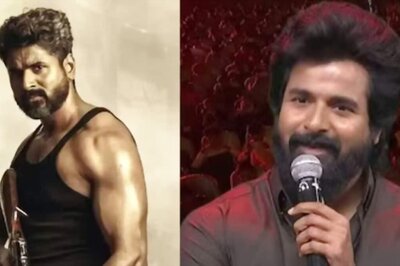
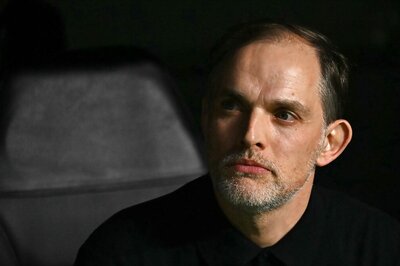

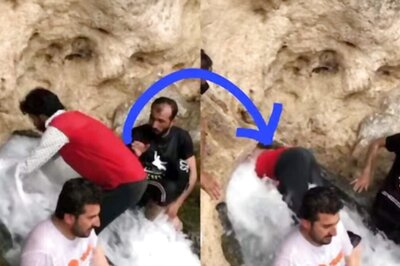
Comments
0 comment